OECDで2009年のバイオエコノミーに関するレポートが作成されて以来、欧米各国ではバイオエコノミーをキーワードとする政策文書が策定され、バイオエコノミーに対する機運が高まっている。日本でも「2030年に世界最先端のバイオエコノミー社会を実現」することがバイオ戦略2019で謳われ、様々な施策が展開されている。2024年6月に更なるバイオエコノミー市場の拡大を目指し、「バイオエコノミー戦略」(2024年6月3日 統合イノベーション戦略推進会議決定)が公表された。バイオエコノミー社会の実現は、バイオファーストな価値観への転換や製造工程や社会構造の変革など、社会全体としてのトランスフォーマティブイノベーションを伴う。このため、多様なステークホルダー間でバイオエコノミーに関する様々な側面について議論していく必要がある。
本セミナーでは、2020年9月より、バイオ戦略で取り上げられている施策を中心に、日本が取り組んでいるバイオエコノミーについて学ぶ「基礎編」を開催してきた。その後2021年3月から「応用編」として、各回様々なテーマを取り上げて、バイオエコノミーに関連する活動について、国内外の動向について詳しい方々をお招きし、関係者間でバイオエコノミーの現状に関する情報共有や議論を目的とした勉強会を開催している。こうした活動を通じて、日本にとってのバイオエコノミーの意義、強み、課題の検討につなげていきたい。
第30回バイオエコノミー勉強会(第166回STIG PoPセミナー)
“Translating Engineering Biology from the Bench to the Bioeconomy”
日時:2025年3月27日(木)13:15 – 15:30
会場:東京大学本郷キャンパス国際学術総合研究棟 SMBCアカデミアホール及びZoom Webinarによるハイブリッド形式
対象:東京大学教職員・学生、および、バイオエコノミー勉強会メンバー
目的:生物工学の基礎研究から社会実装、そしてバイオエコノミーへの展開について日英両国を代表する研究者が知見を共有し、国際的な視点から今後の展望について議論を深める
※招待制・チャタムハウスルール
プログラム概要:
13:15-13:20 開会挨拶
城山英明 東京大学教授 / 松尾 真紀子 東京大学特任准教授
13:20-14:20 東京大学およびケンブリッジ大学の研究者による研究や技術の将来展開に関する研究紹介
・ Jenny Molloy Senior Research Associate, UCAM
・ Mark Howarth Sheild Professor of Pharmacology, UCAM
・ 市橋 伯一 東京大学教授
・ 坪山 幸太郎 東京大学講師
・ 田邉 麻衣子 株式会社日立製作所 Chief Researcher
14:20-14:30 休憩
14:30-15:30 社会実装および政策戦略に関する討論:日本における政策、社会実装も視野に入れた研究プロジェクト、社会実装の課題等についての話題提供と議論
・ 松尾 真紀子 東京大学特任准教授
・ 蓮沼 誠久 神戸大学教授
・ CSaP (TBC)
・ Kavli Centre for Ethics, Science, and the Public (TBC)
・ Miles Upton General Manager (Asia), Cambridge Consultants
◆主催:東京大学・ケンブリッジ大学戦略的パートナーシップ
◆共催:東京大学STIGバイオエコノミー勉強会、JST革新的GX技術創出事業バイオものづくり領域、共創の場形成支援プログラム(COI-NEXT)Bio-Digital Transformation(バイオDX)産学共創拠点
登壇者のご紹介:
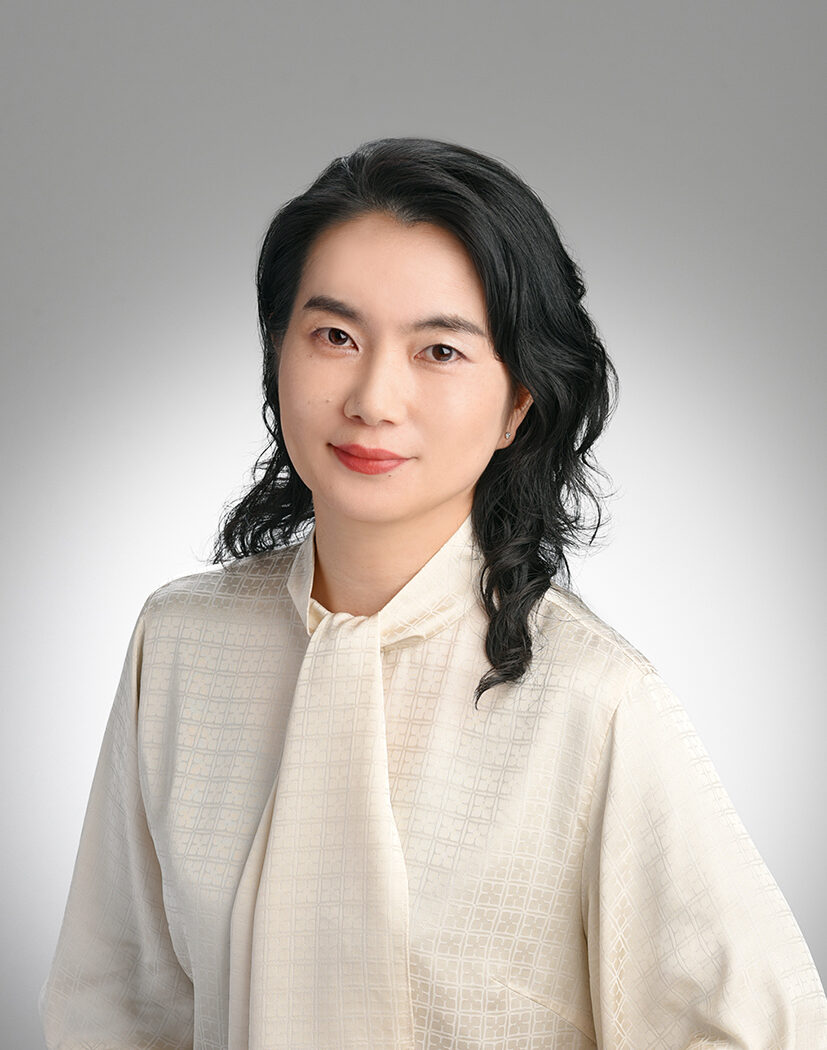
|
Makiko Matsuo Project Associate Professor, Graduate School of Public Policy the University of Tokyo Makiko Matsuo is currently serving as a Project Associate Professor at the Graduate School of Public Policy, the University of Tokyo, where she engages in teaching and research on topics within Science, Technology, and Innovation Governance (STIG program). She is also an affiliated faculty member of the Institute for Future Initiatives at the University of Tokyo. She serves as a member and advisor on multiple Japanese government councils and funding agencies. Her areas of concern are interdisciplinary in nature and cover analysis frameworks and approaches such as technology assessment, science and technology policy studies, governance research (technology governance, global health governance), risk research (risk governance, risk regulation, international harmonization), ELSI (Ethical, Legal, Social Implications/Issues), and RRI (Responsible Research and Innovation). Her applied fields of study include new biotechnology (genome editing and synthetic biology/engineering biology), food safety, and global health. https://researchmap.jp/makiko_matsuo?lang=en … |
 |
Jenny Molloy Senior Research Associate, Department of Chemical Engineering and Biotechnology, University of Cambridge Dr Jenny Molloy is a Senior Research Associate at the University of Cambridge and a Group Leader at the International Centre for Genetic Engineering and Biotechnology (ICGEB), where she develops open source technologies for engineering biology and biomanufacturing. Prior to this she was the Programme Coordinator of the University of Cambridge Strategic Research Initiative in Synthetic Biology and the OpenPlant Synthetic Biology Research Center. She has an undergraduate degree from the University of Cambridge and a DPhil in Zoology from the University of Oxford focused on genetic control of dengue mosquitoes. Jenny’s research is centered around local, distributed biomanufacturing of enzymes to enhance global capacity for biological research and advance applications in health and sustainability. Ongoing projects include developing open source DNA toolkits for recombinant protein expression using synthetic biology-based platform technologies, high-quality protein purification in low-resource contexts, open source microbial strain engineering, CRISPR-based molecular diagnostics for infectious diseases and enzyme-based carbon capture and upcycling. Jenny is a former Fellow and Member of the World Economic Forum Global Future Council on Synthetic Biology and since 2015 she has co-founded four social enterprises and nonprofits making open source tools more accessible to researchers and building communities for open source tool developers. She currently sits on the board of the US non-profit Open Science Hardware Foundation, the UK non-profit Beneficial Bio and the Kenyan NGO ISAAA Africenter. … |
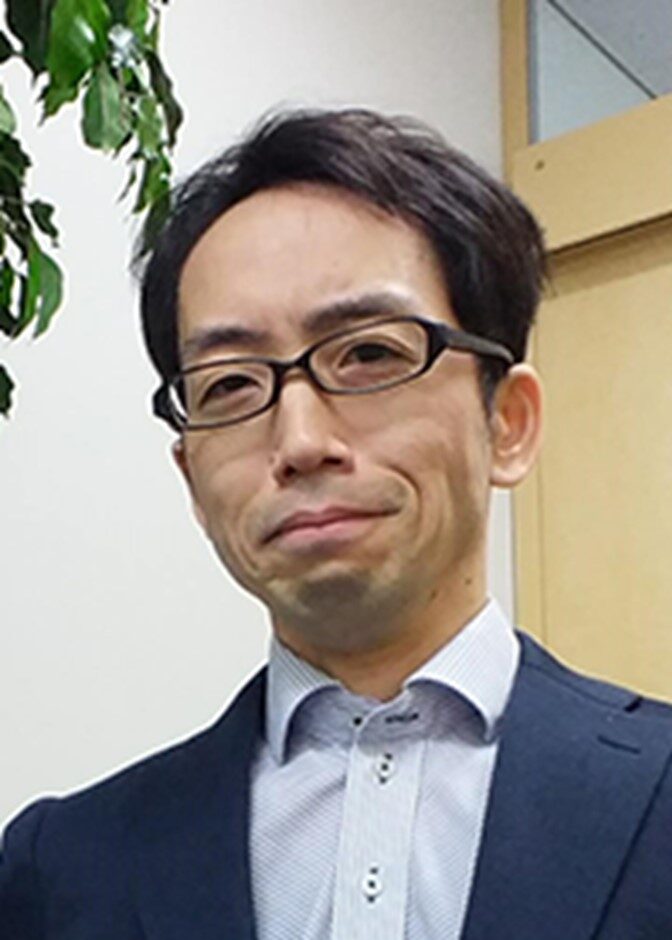 |
Norikazu Ichihashi Professor, Graduate School of Arts and Sciences, The University of Tokyo Norikazu Ichihashi is a professor at the University of Tokyo. He received his Ph.D. degree from the Graduate School of Pharmaceutical Science, University of Tokyo in 2006. He then worked in the field of in vitro synthetic biology at Osaka University as a postdoctoral fellow and associate professor until 2018 and moved to his current position at the University of Tokyo in 2019. He is trying to understand how complex biological phenomena emerge from an assembly of molecules through design and evolution. His group is now constructing a self-reproducible molecular system in a test tube, which can be used for controllable and designable bioproduction. … |
 |
Mark Howarth Sheild Professor of Pharmacology, Department of Pharmacology, University of Cambridge Mark Howarth is the Sheild Professor in Cambridge University Department of Pharmacology. His group has developed a range of protein superglues that are widely used in academia and industry. For this work he received the Royal Society of Chemistry Norman Heatley Award for chemical biology. He co-founded the vaccine company SpyBiotech and 9 alumni from his lab have spun out their own companies. He is also the Translational Champion for his Department, working to develop entrepreneurship and increase collaborations with companies around the world. … |
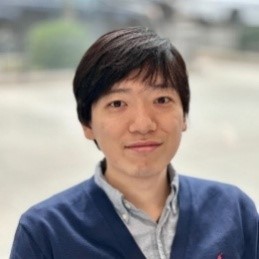 |
Kotaro Tsuboyama Lecturer (PI), Institute of Industrial Science (IIS), The University of Tokyo Kotaro Tsuboyama’s research focuses on De novo proteins, large-scale measurements, machine learning, and deep learning. His lab focuses on combining large-scale measurements with machine learning, including deep learning, to gain a better understanding of the relationships between amino acid sequence, structure, and function. Then, based on this new knowledge, his lab designs de novo proteins to verify and reanalyze the new findings. In this way, his lab repeats such analysis and design to achieve both an understanding of the fundamental laws of proteins and rational de novo protein design. … |
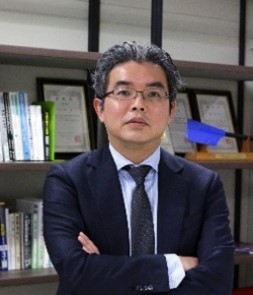 |
Tomohisa Hasunuma Professor, Director of Engineering Biology Research Center, Kobe University Tomohisa Hasunuma is the Director of Engineering Biology Research Center, and concurrently serves as a Professor at the Graduate School of Science, Technology and Innovation at Kobe University, Japan. He earned his B.Sc. (1998), M.Sc. (2000) and PhD (2004) in the Department of Biotechnology at Osaka University, Japan. In 2004, Dr. Hasunuma joined Research Institute of Innovative Technology for the Earth (RITE), before transitioning to Kobe University in 2008. From 2011 to 2014, he held the position of the Researcher for Precursory Research in Embryonic Science and Technology (PRESTO) under the Japan Science and Technology Agency. Dr. Hasunuma has authored over 210 peer-reviewed journal papers and 80 reviews and book chapters. Since 2024, he has served an Associate Editor for ACS Synthetic Biology. His research focuses on engineering biology of microorganisms such as yeast, Escherichia coli, cyanobacteria and microalgae with a particular emphasis on metabolic engineering based on metabolism analysis for the production of biofuels, commodity chemicals and highly functional compounds from renewable biomass and carbon dioxide. Dr. Hasunuma was awarded the Fermentation and Metabolism Research Prize of Japan Bioindustry Association in 2013 and the Biotechnology Encouragement Prize of Biotechnology Society of Japan in 2014. … |
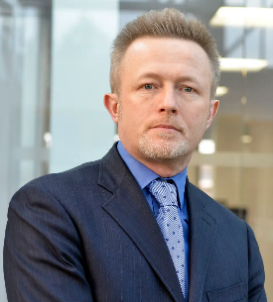 |
Miles Upton Regional General Manager (Asia), Cambridge Consultants (CC) Miles is responsible for CC’s strategy and business in Asia and has built the current team including offices in Singapore and Tokyo. He has 25 years’ experience building deep tech, IP-based businesses in Asia especially in the mobile, semiconductor, industrial and consumer industries. Prior to setting up CC’s Asia operation in 2013, he worked for a range of multinationals including Mentor Graphics and Motorola, where he was responsible for software and hardware IP licensing in key markets including Japan, Korea and Greater China. He established the Asia sales and R&D team for a European-listed startup in the mobile software industry, building offices in Shanghai, Shenzhen, Singapore, Seoul, Taipei and Tokyo through a mixture of organic growth and M&A. His technical background is in RF systems design and EMC, developing radar and communications systems for the automotive and aerospace industries. Miles has a PhD in Electronics and a BSc in Electronic Engineering from University of York (UK). … |
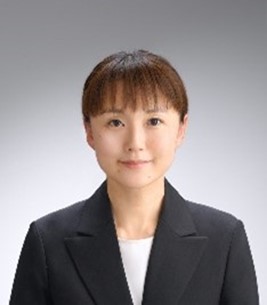 |
Maiko Tanabe Chief researcher, Research and Development Group, Hitachi Ltd. Maiko Tanabe joined Hitachi Ltd’s research and development group in 2002. Her expertise are gene technology and structural biology. She persistently strives for advanced regenerative medicine and enzyme engineering. In parallel to her activity in Hitachi’s research and development group, Maiko Tanabe also contributed to several projects in the University of Tokyo (2010-2012: single cell analysis, 2015-2017: organ on a chip) and the Waseda University (2013-2015: single cell analysis) as co- and visiting researcher. Since 2017, Maiko Tanabe is chief researcher at the Center for Exploratory Research where she leads a team of researchers on the topic of synthetic biology. … |